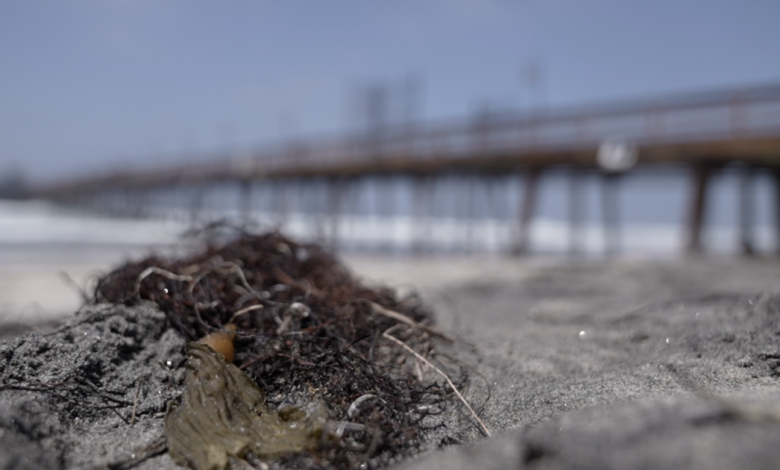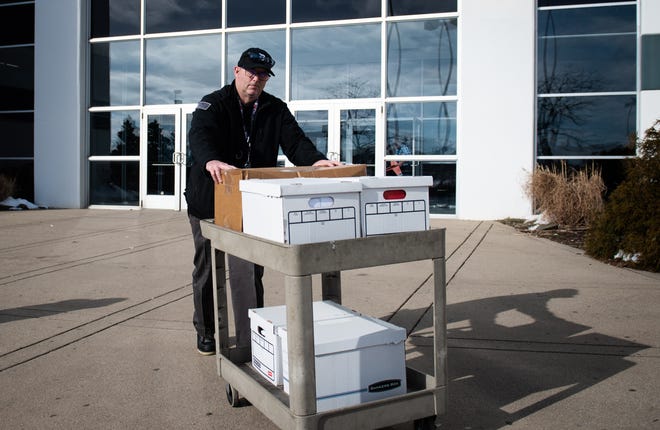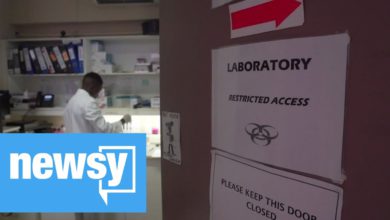
SAN DIEGO, Calif. — Modern DNA testing has helped solve cold cases and reunite long-lost siblings. Now, it’s helping solve mysteries in our ocean.
Scientists at Scripps Institution of Oceanography at UC San Diego, the J. Craig Venter Institute, and the National Oceanic and Atmospheric Administration (NOAA) are using tools of genetics research to evaluate the diversity of marine life in our oceans.
Using a method called metabarcoding, they can now test hundreds to thousands of microscopic organisms at one time. From feeding ecosystems to consuming waste and sequestering carbon, the microbes are essential for the ocean and planet.
The breakthrough technique will help researchers to diagnose conditions at the base of the ocean food web that affects the abundance of commercially important fishes or creates harmful algal blooms. Scientists can also use so-called environmental DNA (eDNA) to evaluate how effectively the oceans can protect the planet from the effects of climate change.
The team reported on the findings in the journal Nature Communications.









